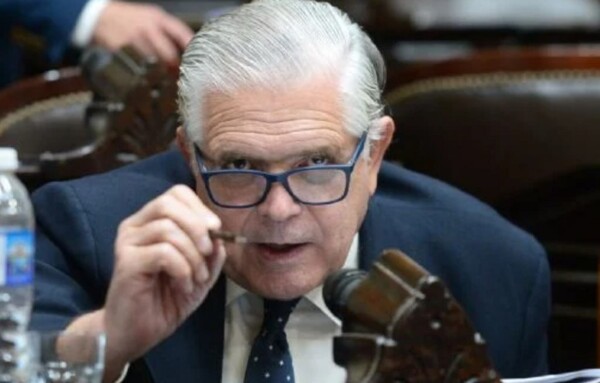Latin America shows contrasting realities in terms of cryptocurrency adoption and regulation. While the United States relaxes its regulatory framework, Argentina leads crypto adoption in the region and El Salvador faces difficulties after being a pioneer in recognizing bitcoin as legal tender.
In the United States, the new administration of Donald Trump has significantly changed its stance on cryptocurrencies, advocating for greater openness instead of strict regulation. Projects like the Bitcoin City and the Volcano Bonds face uncertainty, and selling or discontinuing the Chivo Wallet, the state digital wallet, is being evaluated.
El Salvador, for its part, was the first country to adopt bitcoin as legal tender, marking a milestone in 2021. However, it has faced a significant setback in its digital gamble, with a drastic decrease in the use of the cryptocurrency among the population and its removal as legal tender at the end of last January.
Argentina stands out as a leader in cryptocurrency adoption in Latin America, with over 2.5 million monthly active users and a significant transaction volume. Despite facing uncertainties and controversies, the country has made progress in implementing a regulatory framework aimed at preventing fraud and providing security to investors.
Other countries in the region, like Venezuela, are also venturing into the realm of cryptocurrencies, with initiatives such as a "strategic reserve" of crypto assets and the relaxation of regulatory frameworks to encourage investment in these assets.
Overall, the American continent is undergoing a transition regarding cryptocurrency adoption, with different approaches and challenges in each country. Despite variations in regulation and adoption, cryptocurrencies continue to transform the economies of the region, and this trend is expected to continue in the coming years.














